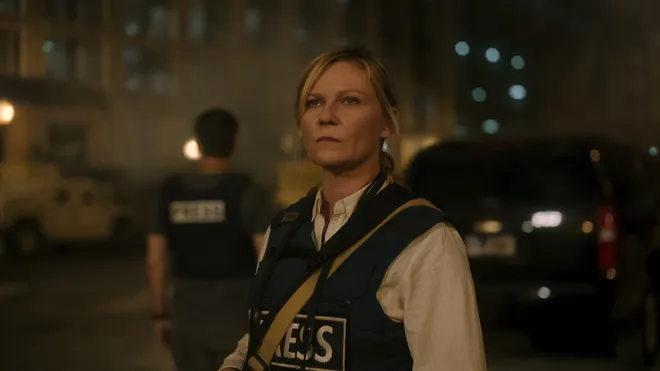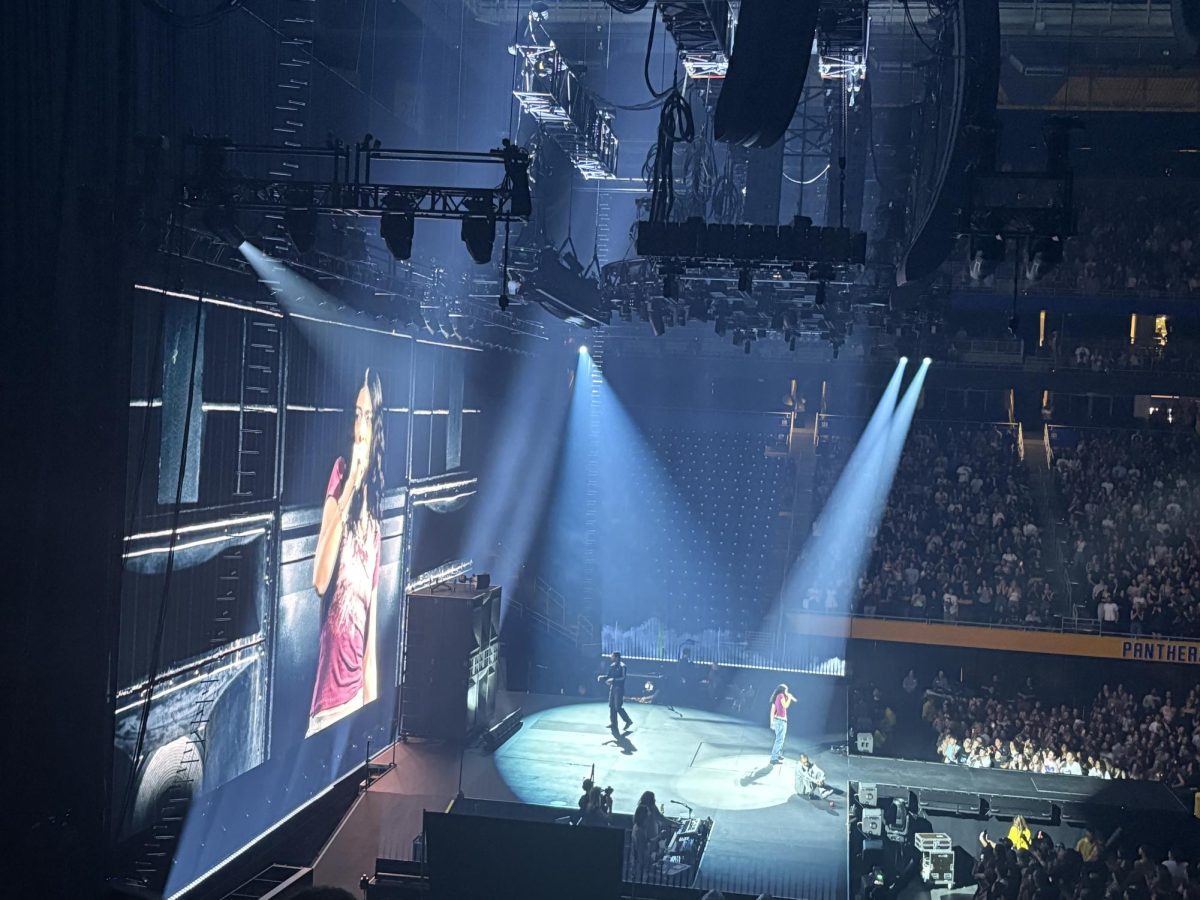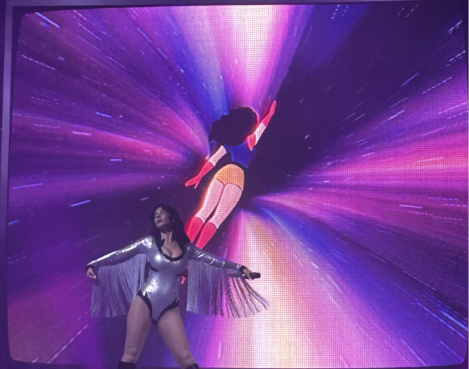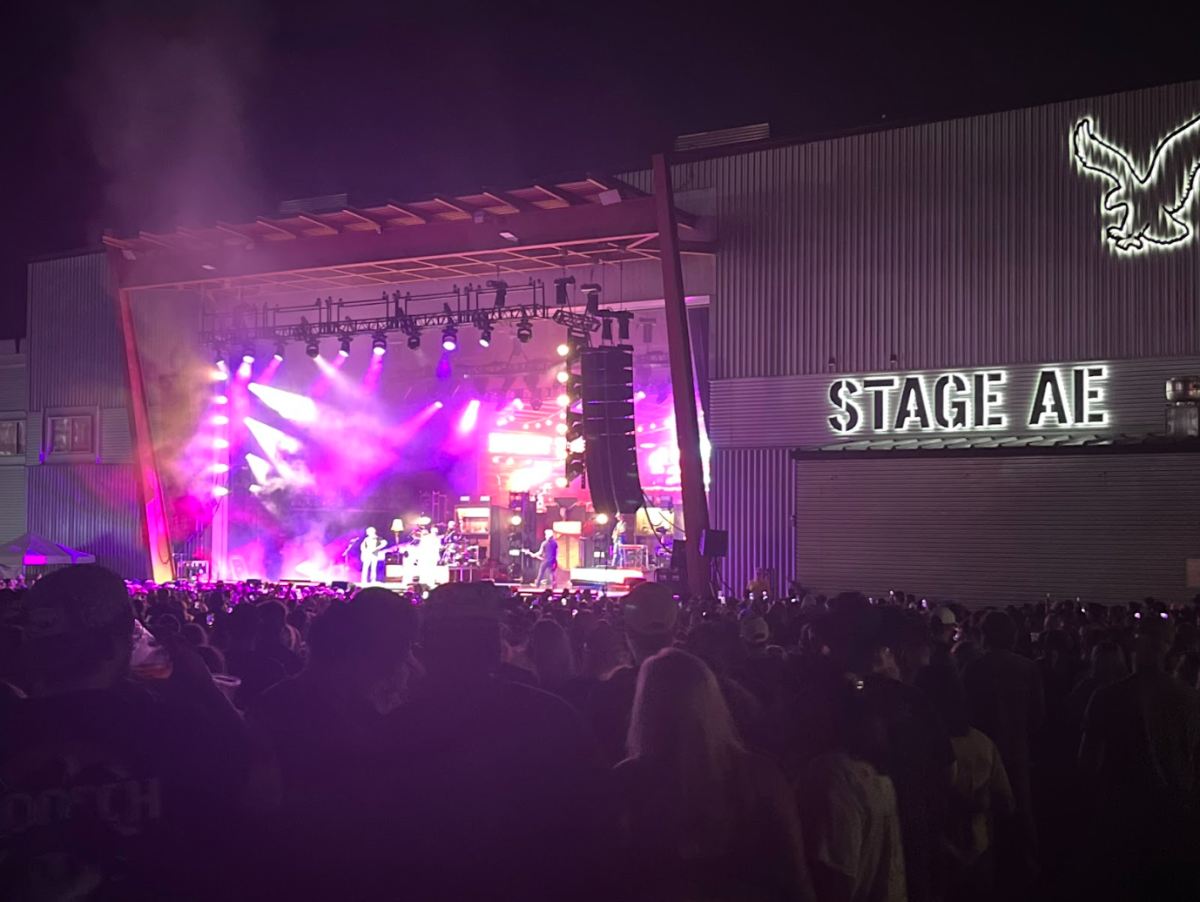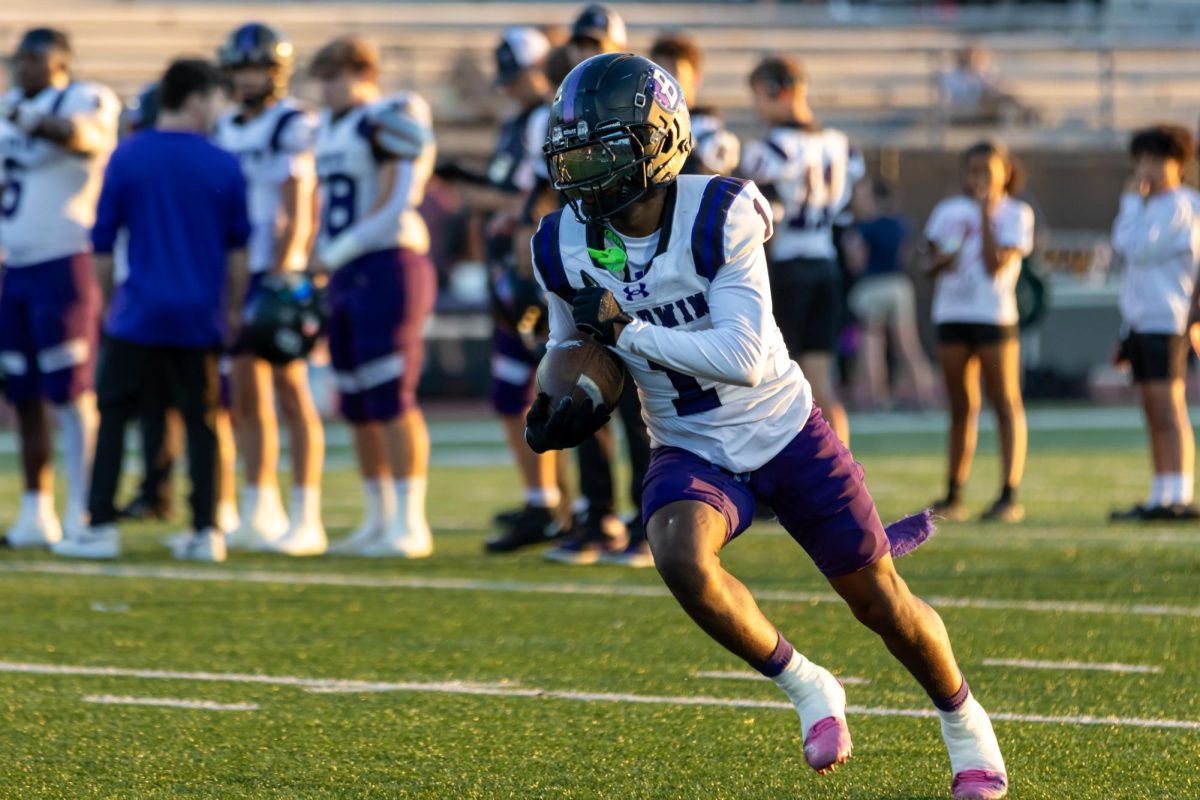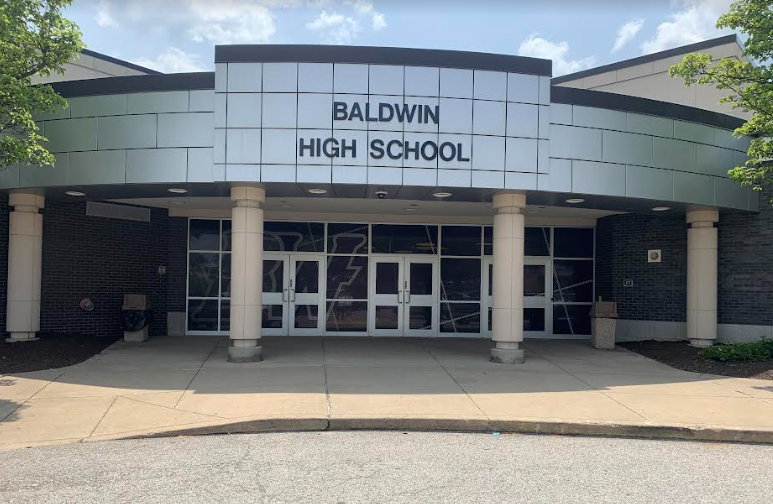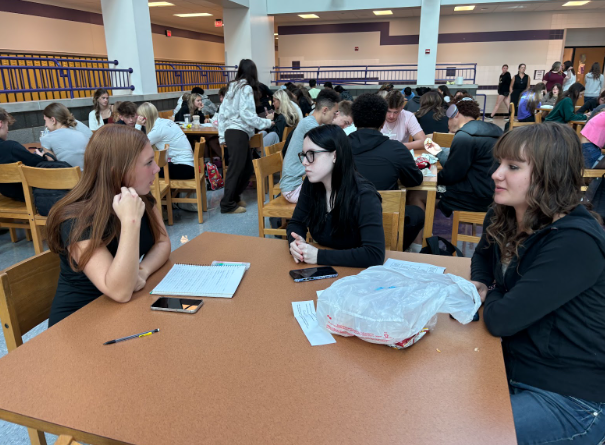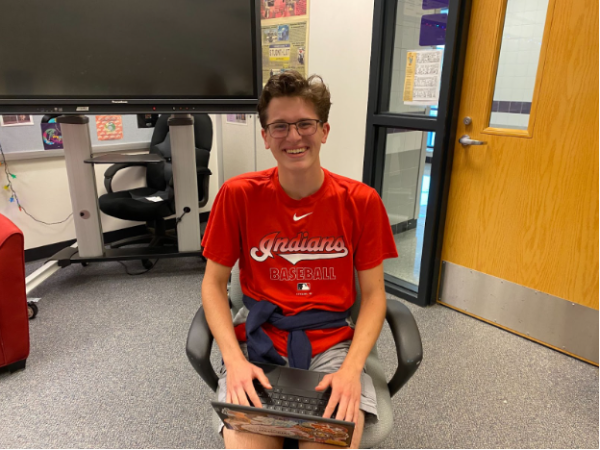Ahead of what may be the most contentious and critical election year of the past half century, audiences can experience a cinematic exploration of a scary, yet eerily realistic, possibility: the outbreak of a second American Civil War.
At the outset of the film Civil War, America has already been fractured. Separatist groups, chief among them the Western Forces of Texas and California, have rebelled against a U.S. government led by a neo-fascistic, power-abusing president (played by Nick Offerman, from Parks and Rec). The reasons for the split are alluded to, but not directly stated; in any event, mayhem has broken loose across the country, shutting down cities and upending American life.
The film follows four journalists, led by grizzled war reporter Lee Smith (Kirsten Dunst), on a rollicking war-torn road trip from New York to Washington, D.C. Their goal: to interview the president before the Western Forces close in on the White House to take him out.
But since the major freeways have been decimated already, the group has to take the long way, cutting across Pennsylvania and down through West Virginia. During the trip, they encounter backcountry horrors ripped straight from Deliverance – and grow closer to one another along the way.
Judging from the film’s soundtrack, which is anchored by pioneering electronic music bands like Silver Apples and Suicide, its general tone is one of satire. It plunges audiences into a world and rattles them through it, but shows a relative lack of gravitas or dramatic concern for the state of a failing America.
In fact, the soldiers who Smith and company encounter along their route – who don’t harm them, because they’re from the press – are conspicuously nonchalant, conducting real-world combat like it’s a video game. They are costumed to look like GameStop employees or UPS drivers, just ordinary Americans who have turned to incredible violence.

